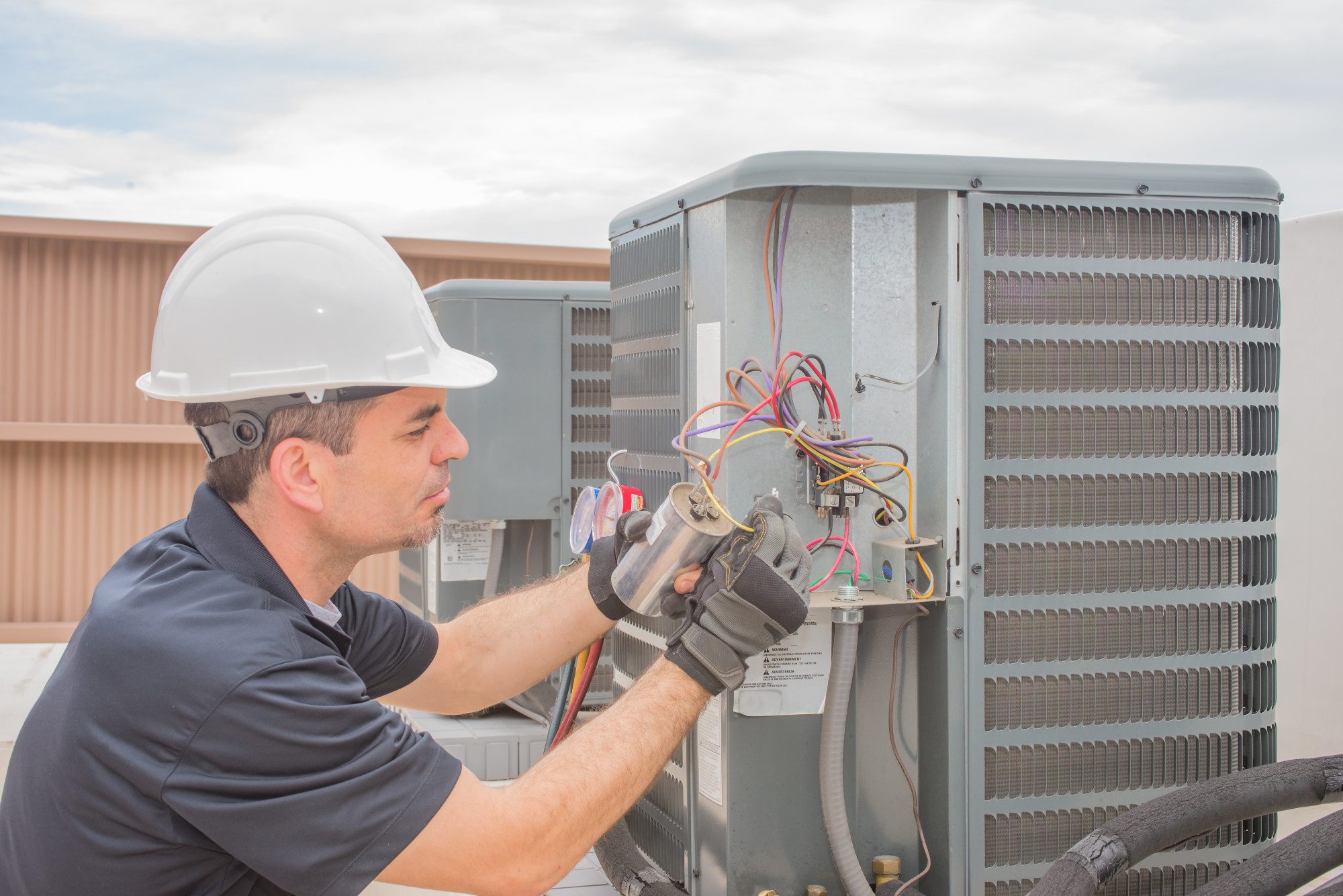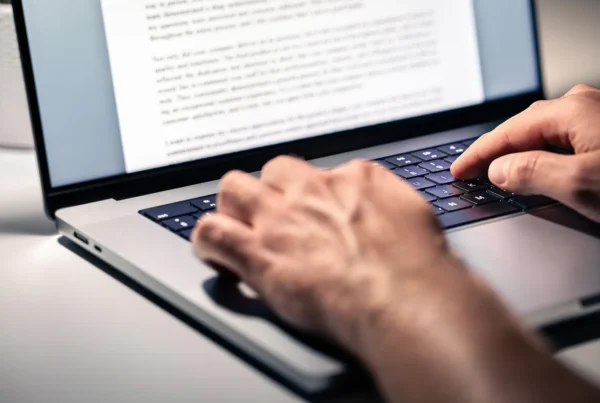No one wants the expense of replacing your AC unit. Being a homeowner is lovely until it’s time to handle the responsibility of keeping your HVAC system up and running.
Before you despair about replacing your air conditioner, your AC unit might come back to life with a less expensive repair. Many common air conditioning problems only require a little care and attention.
Keep reading to troubleshoot some of the most common that you can resolve with air conditioning repair before moving forward with a full system replacement.
1. My Air Conditioner Won’t Turn On
If your air conditioner doesn’t turn on, it can feel like a desperate situation. But it could be a simple solution you can fix without calling for an AC system repair.
- Check for power. Does your AC have electricity? If not, make sure it’s plugged in.
- Check the breaker. If you see that the AC unit plug connects to the outlet, but it still won’t turn on, check the breaker. A tripped breaker won’t send power to the unit, even if it’s plugged into the wall outlet.
- Check the thermostat temperature. The AC won’t blow cold air if you set the temperature too high. Maybe someone bumped it, and the thermostat adjusted to higher heat. Turn the temperature down and see if the unit comes on.
If you try all of those things and your AC unit still doesn’t start blowing air, you might need to call a professional to take a look. There could be a more significant electrical problem keeping your air conditioner from running. Don’t attempt to investigate the electrical system on your own!
2. My Air Conditioner Keeps Running
If you have the opposite problem, your air conditioner never shuts off. An air conditioner that continues to run isn’t cooling your home property. You’ll also see high energy bills.
- Again, check the thermostat. If the setting is too low, it’s possible your compressor can’t get the air temperature that low. However, it will keep trying until you raise the thermostat temperature or the unit breaks.
- Check the thermostat batteries. When the batteries are low, the thermostat can stop communicating well with your air conditioning unit.
- Check the air filter. If you haven’t changed the air filter in a while, your air conditioner could struggle to turn on or shut off as it should.
An air conditioner that keeps running can burn out the motor. If your AC won’t shut off and the house isn’t cooler, call a professional HVAC technician to perform a central AC repair.
3. My Air Conditioner Doesn’t Blow Cold Air
When your AC blows, make sure it’s putting out cold air. If the unit blows warm or room temperature air, your air conditioner isn’t working correctly.
Double-check the thermostat and make sure it’s set to “cool.” If it’s set to “heat,” the air will be hot.
Give it time to cool down. If your air conditioner didn’t run for a while because it didn’t have power, it needs time to cool down. Your house might also be hotter than usual.
Slowly turn the thermostat down by a few degrees every 5-10 minutes. If you still don’t feel cool air, it’s time to call an air conditioner technician. Your AC unit could need a coolant refill.
4. My Air Conditioner Makes a Lot of Noise
A well-running HVAC unit should be quiet while it runs. If you hear a strange noise or it makes a lot of noise, carefully check the unit.
- Listen for the location of the noise. Is it coming from the inside unit? Is the outside unit making the noise? Locate the source of the sound while the unit runs before going to the next step.
- Turn off the unit and unplug the power cord. Never look into your air conditioner without confirming that there is no electricity running to the indoor and outdoor units.
- Shine a flashlight into the unit. Do not remove the covers or put your hands inside your air conditioner. Visually check for a loose part or debris in the unit.
If you see a loose part or debris in the unit, call a professional. Never dismantle your air conditioner or attempt to replace parts or remove debris on your own.
5. My Air Flow is Inconsistent
Opening and closing vents throughout your house helps direct airflow. However, if you notice one room that stays hot, even with the vents fully open, you could have a problem with the ducts or the size of your AC unit.
Your air conditioner should be the appropriate size for your home. If it’s too big, you’ll overpay for heating and cooling, as well as for repairs when needed. If your air conditioner is too small, it won’t have enough power to cool your home evenly.
Before going for a new air conditioner, check a couple of things.
- The location of your thermostats. If you have more than one air conditioner and thermostat, the location of your thermostats could affect the temperature of rooms throughout the house. The rooms furthest away from the thermostat are at risk of being too cold or too hot.
- The air ducts. Blocked air ducts and vents can restrict airflow. Remove the vent covers. Using a flashlight, take a look inside your air ducts. If you see debris, it’s time to clean your ducts.
A hole or leak in your air ducts can also cause cold air to blow into your attic instead of the rooms in your house. Have a professional inspect your air ducts in the floors or attics.
Try Air Conditioning Repair First!
Your air conditioner should last many years, but it’s common for AC units to need repairs to help them last longer. Before you get stuck with the expense of a new unit, try air conditioning repair first.
For anything more than changing thermostat batteries and air filters, contact us! Guy’s Air Conditioning and Heating can quickly determine the problem with your air conditioner and provide affordable and effective repair.





